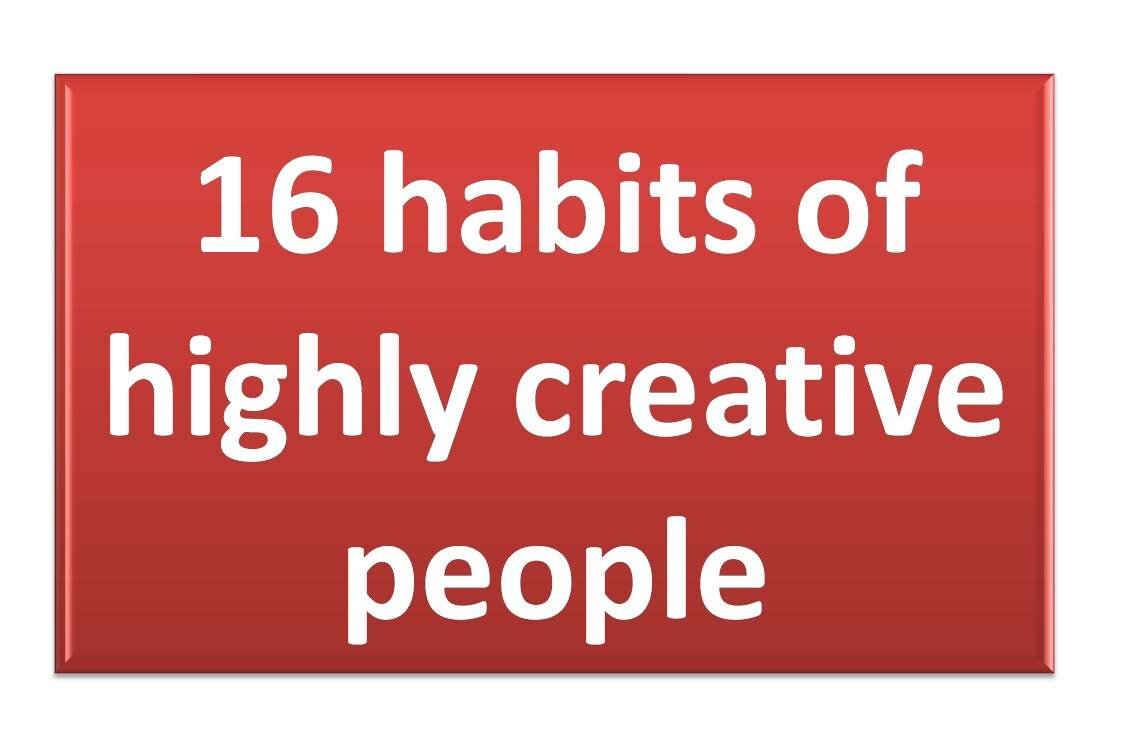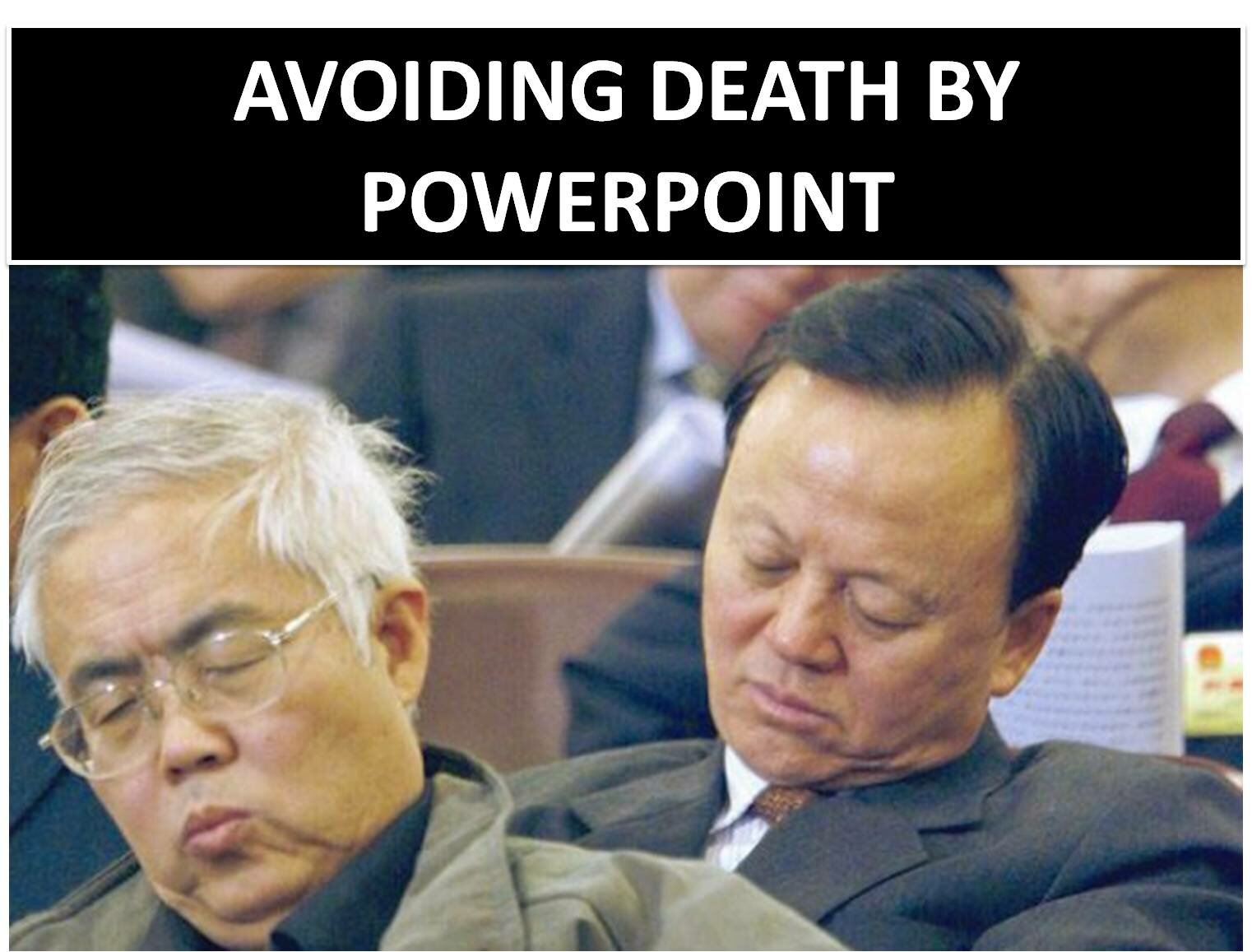Contentment vs. Discontentment
|
|||||||||
Anil Bhatnagar | Jan 14, 2010
 There are three kinds of people. One, who are so deeply satisfied with themselves and sing glories of the virtue of contentment that they stop growing; two, who are so discontented that they see no point doing anything and three, who are so obsessed with speedy results that their impatience consumes them. All these three kinds of people immobilize themselves and instead of growing begin to decay. Contentment or discontentment of the kind that makes us stagnate in life can hardly be spiritual.
There are three kinds of people. One, who are so deeply satisfied with themselves and sing glories of the virtue of contentment that they stop growing; two, who are so discontented that they see no point doing anything and three, who are so obsessed with speedy results that their impatience consumes them. All these three kinds of people immobilize themselves and instead of growing begin to decay. Contentment or discontentment of the kind that makes us stagnate in life can hardly be spiritual.
You should not only be contented but grateful too for what God has given you and where it has helped you arrive. However, you should have enough discontentment to keep you from stagnating where you have arrived. Within the cozy cup of contentment there should be the simmering tea of discontentment. And this discontentment becomes even more beautiful and powerful when its focus naturally and progressively shifts from narrow personal achievements and gains to a purpose of contributing to a cause much bigger than yourself.
It is inner peace and calmness that allows us to have a good look at and feel our discontentment. And it is the initiative to respond responsibly to this discontentment that makes inner peace sustainable. We need both contentment as well as discontentment in order to grow. But many fail to fine-tune the harmonious relationship between the two. You cannot focus on your work and efforts whole-heartedly unless there is peace in your mind and contentment in your heart. And you won’t have the necessary enthusiasm or the fuel to move on and on, unless you keep the flame of discontentment alive. You cannot look at discontentment and draw the necessary enthusiasm to dream and do what is possible if you allow yourself to become it i.e. allow it to consume you. Keep distance from it — the way you keep distance from fire — so that you use it without getting burnt. Make a good habit of returning to evaluate your day’s actions and performance and to refuel yourself every night with discontentment over the gap that still exists between ‘what is’ and ‘what should be’, and with commitment to go the extra mile to bridge the gap between the two, every next morning.
Anil Bhatnagar, CEO of Thrive!, is a corporate trainer, motivational speaker, career and personal growth coach, Reiki consultant, and an award winning author of four books. For more information, visit his website www.anilbhatnagar.com.
Filed Under: Miscellaneous
|
|||||||||



















Nice. A positive take on discontentment!
Here’s another good one from http://www.dyscopia.com/ponderings/contentment (http://www.dyscopia.com/ponderings/contentment)
“The word “discontentment” seems to imply an absence of contentment. In reality contentment is simply an absence of conscious discontentment.
If you could set aside all ambition, all fear, all emotion and all conscious thought you would be left, not with inner peace, contentment and everlasting bliss, but rather a restless, fidgety kind of discontentment. This is the default setting which underlies the human consciousness. The majority of people’s waking hours are spent trying to find an activity, an ambition or an aspiration which will provide a focus for this discontentment…
…Those of us alive today are the beneficiaries of the efforts of those who in generations past were not content to do nothing about hunger, disease and the safety of their kin. Like all living things, we can consider ourselves the product of a selective breeding programme which, through an environment where survival has been more probable for the offspring of those who have responded with action to their inner discontent, has favoured discontentment and made it part of the biological make-up of our species.
It is this inner discontent which has driven the activities of artists, innovators, philosophers and philanthropists as well as tyrants, conquerors and criminals. It is the underlying motivation for all human activity. The social structure in which we find ourselves has been shaped by individuals motivated by a desire to satisfy an inner need to make the world a better place either for their own benefit or out of a sense of compassion for others…”